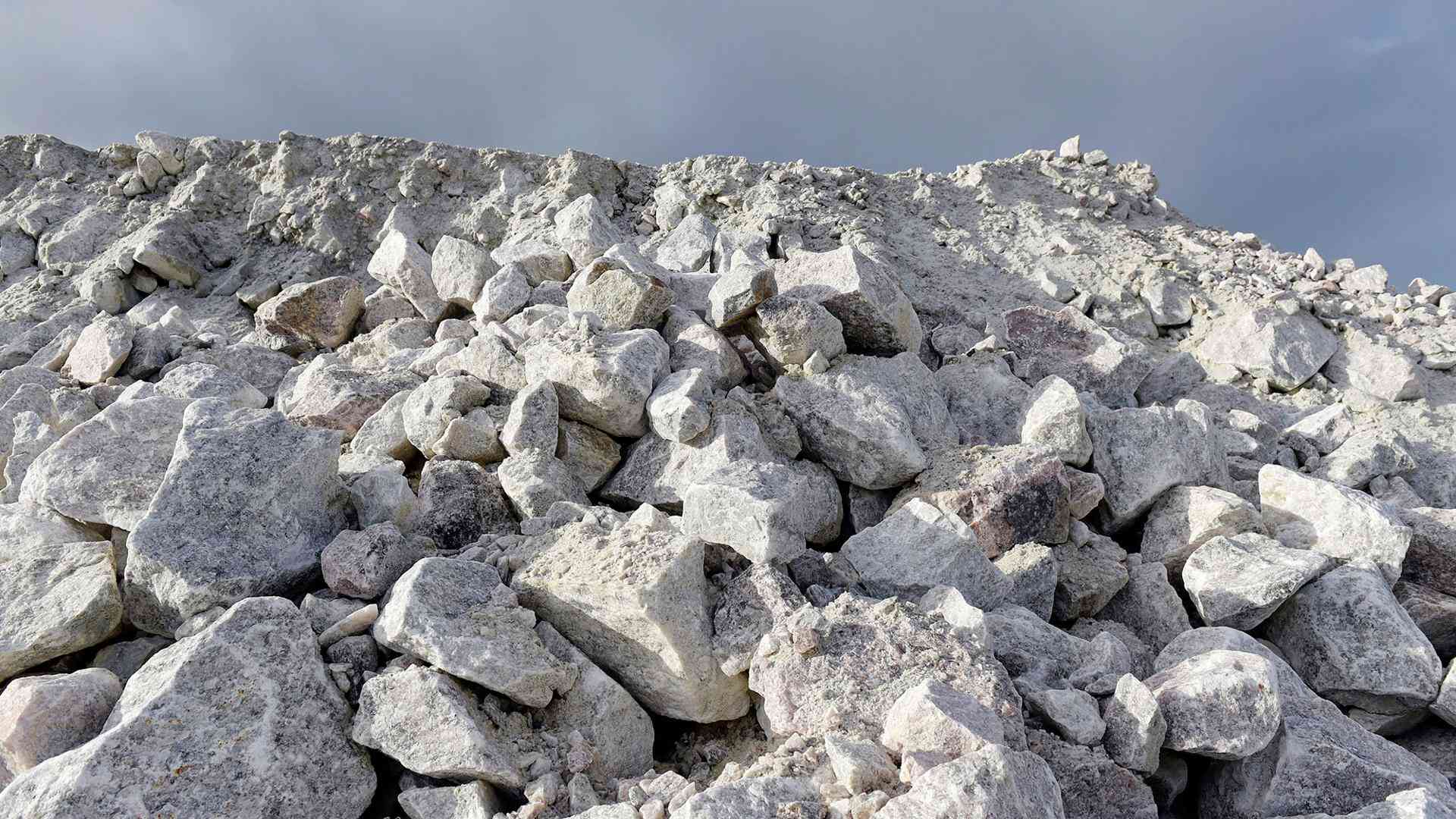
LITHIUM mine, Sabi Star Mine (Sabi) has transformed Buhera North, upgrading roads, schools' as well as employing hundreds of villagers from Mukwasi and Tagarira villages.
Sabi, which is partly owned by Chengxin Lithium Group of China, is currently finishing work on its lithium processing plant, with production set to commence soon.
Of late, Sabi has been mining and stockpiling raw lithium.
At full operational capacity, the mine is expected to produce a million tonnes of raw ore translating to 300 000 tonnes of lithium concentrate per annum.
While preparing to commence production, Sabi is currently in the second stage of upgrading and widening the road from Gaza Business Centre to Sabi Star Mine on Bepe Hills.
“We are upgrading the entire 37 km gravel road and repairing all bridges and culverts. We will put new signage along the entire stretch of the road and improve safety features where the road passes through schools and communities close to the road.
"The road will serve as the main access to Sabi but will benefit all the communities along the way. Easy access has opened up the business centres to more business as transportation of goods and people is cheaper and much easier," Sabi said in a statement recently.
“A total of 40 households were relocated from the two villages. All the relocation meetings were done in Shona and the relocation contract was gone through page by page being explained in vernacular language and making corrections by the government officials.
- Zimbabwe deals help China tighten African lithium grip
- Zimbabwe deals help China tighten African lithium grip
- Boreholes boost for Buhera
- Lifeline for Buhera children, villagers
Keep Reading
“The affected families voluntarily chose where they wanted to settle. The relocation is not something that happened overnight, it took almost a year,” the company said in a statement.
Of the 40 households, 22 families opted to be resettled at Murambinda township and the mine approached the rural district council to purchase residential stands at the size agreed with the authorities and the families for construction of houses. Boreholes were also drilled by the Rural District Council at the cost of the company so that the families get clean water. “As soon as the RDC holds its quarterly meeting in July, the houses can be transferred to the relocated families with title.” The company said.
“We compensated for the water wells to those who were relocated to the surrounding village and fruit trees of the affected families. Apart from modern houses, each relocated family got a token of appreciation and had at least one family member employed by the mine.
“The number of houses and relocated families are based on the census conducted by the local government,” further said the company. “It was brought to our attention that some orphans who had no structure in the villages and were living in Harare at the time of the relocation have now raised request of relocating back to the area through others. The company is looking into the issue in consultation with the local authorities.”
The company said the 22 families that opted to settle in Murambinda left behind their domestic animals.
“Consultations pertaining the domestic animals are ongoing. For now, we are still waiting to hear from the relocation committee about what they want to do with their domestic animals,” the company added.
Lithium mining is on the rise with several projects in the exploration stage.
As the demand for lithium grows, the government has moved in to control its mining and prohibited its export in raw form to cash in on value addition.
The country is projected to become one of the world's largest exporters, with the government hoping to meet 20 percent of the world's total demand for lithium.










